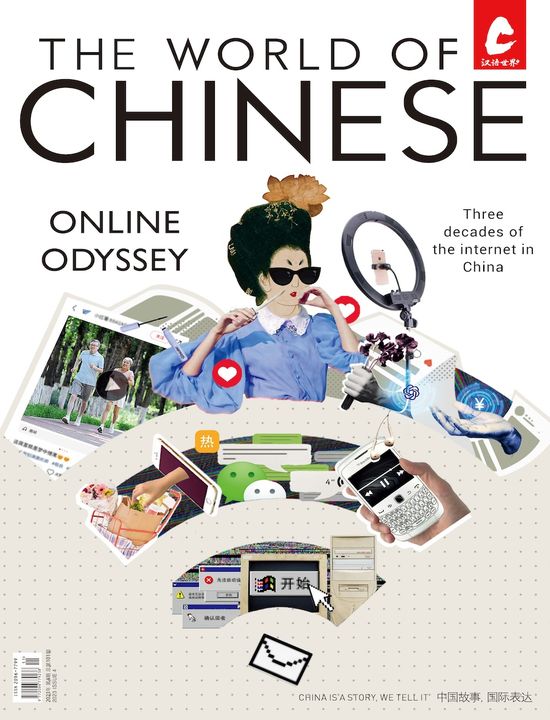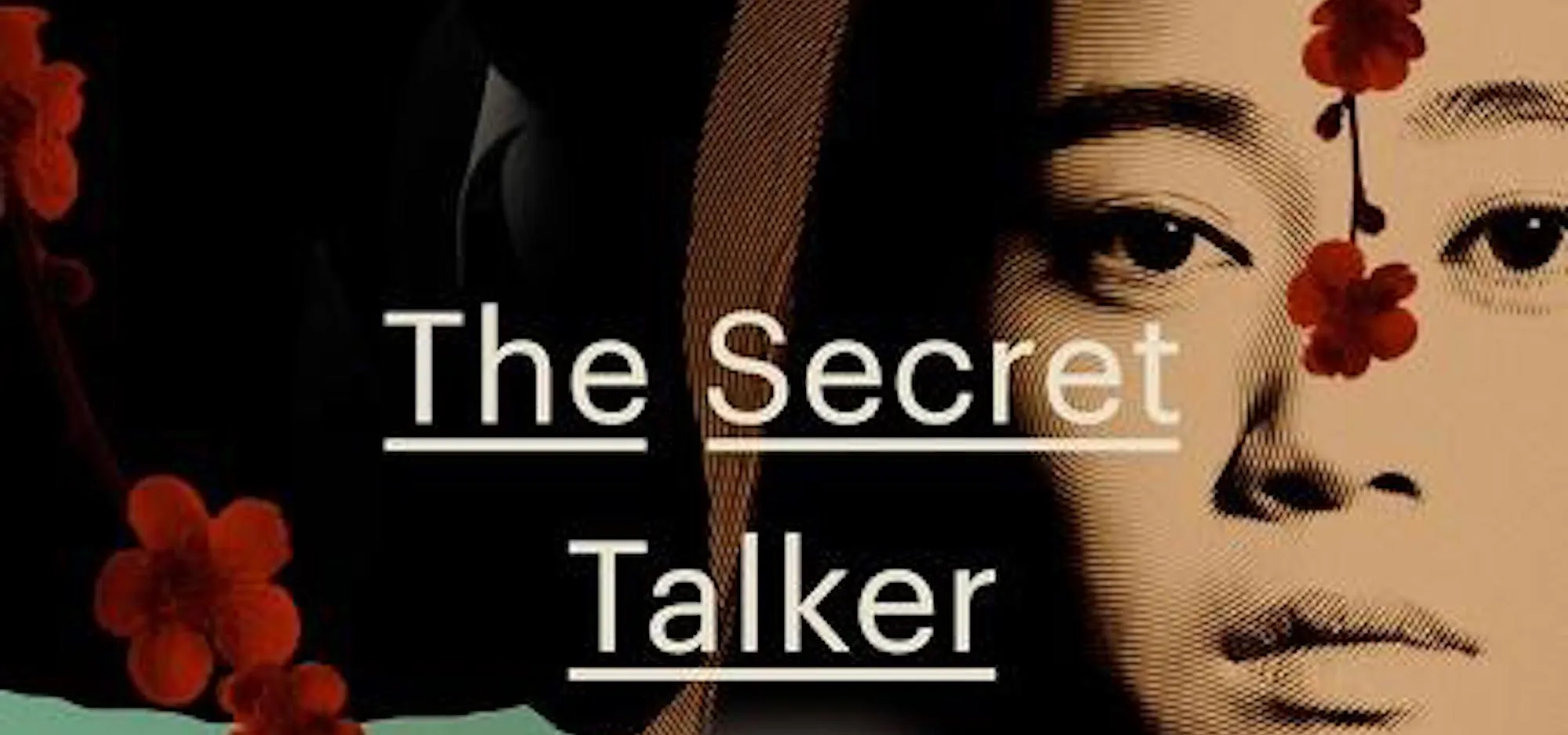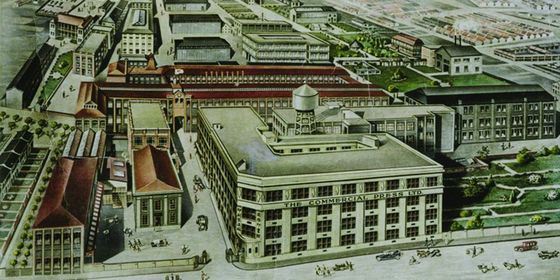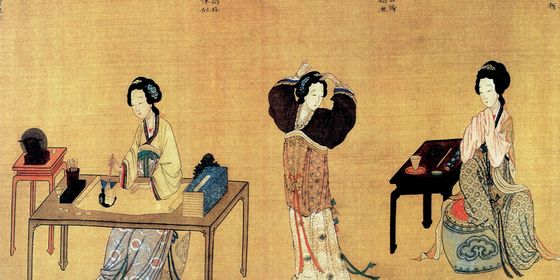The latest translated "thriller" from Geling Yan is an experience in linguistic deception, down to the title and genre of the book
From its double entendre of a title, Geling Yan's The Secret Talker sets out to explore the treachery of language. An email exchange between a reticent woman and a stranger on the internet leads readers to wonder: Who is the one with the secret? And who is doing the talking?
Originally written in 2005, and released in English in May of this year with translation by Jeremy Tiang, the novella begins with Qiao Hongmei, a former Chinese military translator living in California, receiving the first of a persistent set of emails from an anonymous stranger. Alternately flirtatious and manipulative, the stranger goads Hongmei into revealing never-before-told details from her past and questioning her stale marriage with the much-older Glen, an American literature professor whose liaison with Hongmei back in China had derailed her first marriage and sent her to prison on suspicion of passing on classified information.
Yet, like the internet stranger's cat-and-mouse game with words, this description of the book is both entirely accurate and utterly inauthentic: Hongmei's military background and the intrigue of her stalker's identity (both much emphasized on the book jacket with words like "thriller," "dark," and "intelligence") are almost incidental to the themes of mutual desire and misunderstanding that are revealed through their escalating exchange. Hongmei could have been a factory worker and the basic plot might have stayed the same, for it soon becomes apparent that the real secret she's unraveling is what had gone wrong with her marriage(s)—and perhaps herself.
This tendency to put interpersonal drama in the foreground of history is a trademark of Yan's fiction. The Criminal Lu Yanshi (adapted by Zhang Yimou into the 2016 film Coming Home) is about a family repairing relationships fractured by the Cultural Revolution; The 13 Flowers of Nanjing (the source material for 2013's The Flowers of War, also by Zhang Yimou) portrays a clash of wills between school girls and prostitutes who take refuge in a convent during the 1937 Nanjing Massacre; and Youth, the basis of Feng Xiaogang's 2018 film of the same name, is about unfulfilled love among young people who happen to be dancers in the People's Liberation Army and get sent to war in Vietnam. The Secret Talker flashes back to massacre by the Japanese, rusticated youths during the Cultural Revolution, and life in Beijing as the reform era took shape, but details and the lingering consequences of these events are left hazy, only revealed in as much as they inform the mystery of Hongmei's own psyche.














